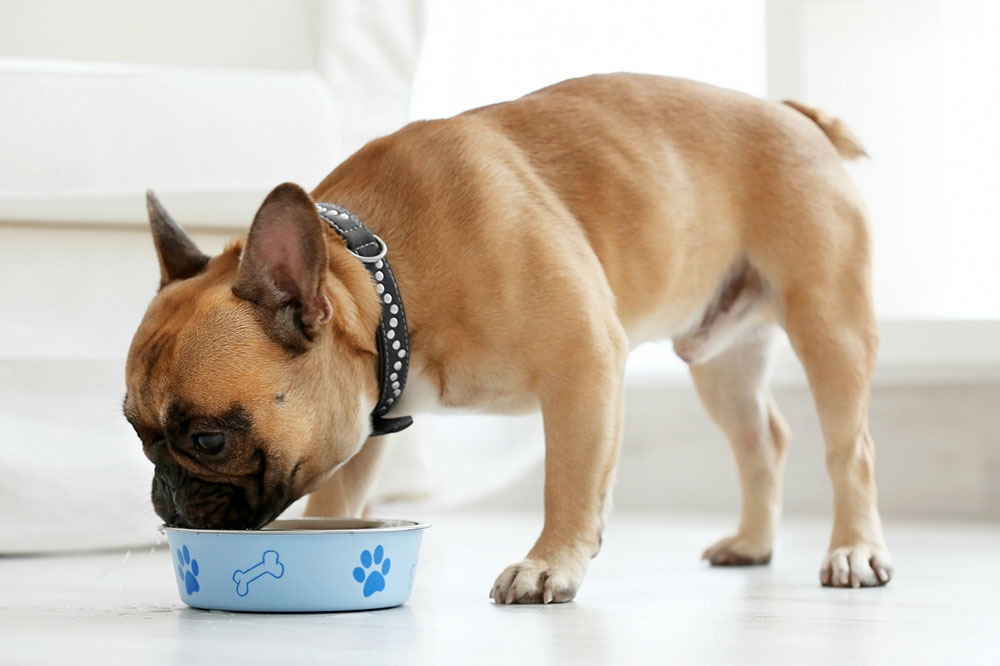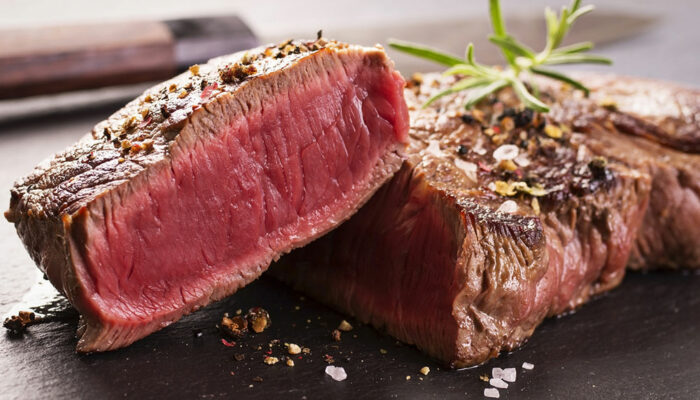
Treating Food Allergies in Dogs
If you find your dog continuously scratching itself or lack appetite and shows behavioral issues, it could probably be a food allergy. Though there can be other causes for the same, food allergies in dogs increase by the say and account for nearly 10% of all allergies.
Dog food is one of the main culprits that trigger an allergic reaction. It’s essential to watch the food you’re feeding and carefully monitor your dog to see the changes. Food allergies in dogs can cause mild to severe health issues, including gastrointestinal problems and other serious problems. There are some proven remedies you can try to reverse the effects and ensure your dog’s good health.
Feed homemade dog foods
Your homemade food is often used as a food trial for your dog that is suffering from allergies. You can give a particular food for a few days to see any remarkable changes in your dog. You can choose the ingredients under the supervision of a vet. Make sure to create a well-formulated food with a couple of ingredients to see the trigger. If you notice your dog is allergic to the food you’ve given, talk to your vet, and make specific changes in the ingredients.
Administer a vegan diet
You can also give your dog exclusive vegan foods during and after food trials to see if the new formula makes any difference. While there’s no clear evidence on the benefits of this diet, if your dog is allergic to meat products, then a vegan diet is a great way to avoid allergies. This diet contains a lot of vegetable proteins that aid in better digestion and promote overall good health. However, avoid feeding store-bought vegan diets that lack essential nutrients. Prepare a vegan diet at home by including all the vital ingredients as advised by your vet.
Give antihistamines and other medications
Administering Benadryl can help in reducing itching in dogs due to food allergy. They are vet-approved and safe to use. You can also buy topical anti-itch shampoos and ointments after discussing your vet that soothes your dog and promotes good health. There are OTC medication and antibiotics like cephalexin and ketoconazole that effectively treat short-term and secondary infections caused due to food allergies.
Isolating the problem
Work with your vet and find the symptoms of food allergy to device an elimination diet. Feed your dog a different source of protein and carbohydrate your dog has not had before. This is to monitor your dog and watch out for possible allergies to specific foods. Opt for exceptional anti-allergy foods like novel protein, oatmeal, or venison and potato to prevent the immune response to a trigger.
Hypoallergenic diet
These foods are sourced from hydrolyzed proteins broken down to prevent an immune response to the trigger. You can give lamb and rice, something your dog has not been exposed to before, to reduce the allergic reactions. Switch to fish and sweet potato if your dog shows an allergic reaction. However, make sure you don’t feed your dog any treats or other foods on a special diet. This will only confuse what caused the allergy.



